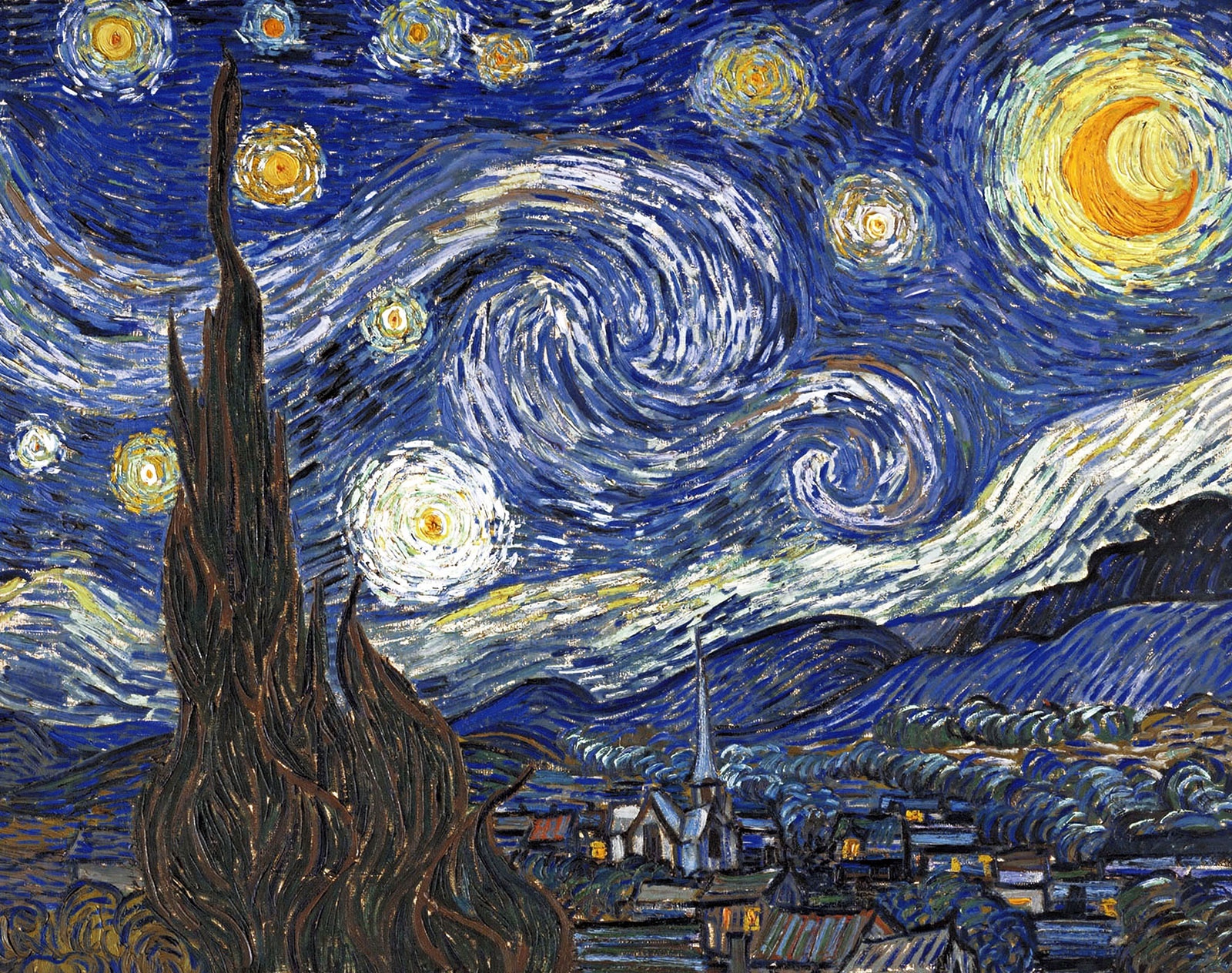I want to share a small bit of wisdom I found in an article and study I read some years ago. The article was by Adam Grant called “How to Raise a Creative Child”, and explained something quite profound about the nature of who the creators and innovators truly are in our society. I soon realized that the answer to this question profoundly affects not only how we raise our kids and run our businesses, but the survival of our species on this earth. For it is these innovating adults who have pushed society forward.
It turns out, according to the article, that most of the pioneers in society are very much outsiders, rejects of the larger culture, men and women often with struggles, mental disorders and disabilities, those who often fail at multiple aspects of life, have social disconnects, and who often are shown to have little talent or drive to succeed in our educational institutions.
This discovery based on American children came from a study that first identified children and students who were most likely to succeed based on several assumptions, including those mostly likely to innovate change and new ideas based on their measured talents and success in school. All these children seemed to be those who over time excelled in some endeavor as child prodigies. But were they right?
They first looked at kids who were superior to their peers in some domain and from sheer talent, superior intelligence, familial support, natural leadership skills, and hard work excelled in their fields of study over time. Many of these children they found went on to run businesses or innovate in the sciences some new ideas, contribute good work in their fields, write beautiful music, create new art forms, or contribute something vital to society through leadership roles. And yet none of these kids went on to be adults that changed the world in any radical way.
They simply were not revolutionary innovators.
For the children that truly altered our reality in some way in the future, who went on to create magnificent artwork, see beyond the possibility of the sciences, write life-changing books, compose stirring music, or rewrite technology often were not successful at all as children and were shunned or hated or succumbed to some rejection by the world they grew up in. Many never even finished college.
I found this perplexing, as did the scientists and sociologists who studied what made a great pioneering artist or innovator. They found good grades or popularity or leadership or MENSA-level intelligence were not predictors of creative genius at all. Then what was a predictor?
It turns out creative change and radical innovation had nothing to do with numbers of social connections, great knowledge, talent, intelligence, or even hard work. It had to do with children who were different, social rejects often with few friends, those who dared to push envelopes, reject conventions their peers succumbed to, the odd-balls of society, and those on the fringes of society who though rejected for being different believed in their ideas and who had some strange courage to rebell against conventional trends.
The great artists and innovators of our times – these “revolutionary adult creators” – often are not recognized in our own time. And so it turns out that to “change a domain” these children must walk alone a lonely and painful path through adulthood, they said, following some dream or passion they accept for themselves which is wholly rejected by their peers, their family, and the society of their time.
But in the end their work in isolation on their dreams and long after their own death changed the world in huge and unforeseen ways.

How many people have we known like this? Few. And yet when we hear or read about their contributions and past lives in books or in movies they often seem so tragic and cruel. Look at Vincent Van Gogh. He is a perfect example of a man with mental disorders rejected by society and even his family yet his beautiful paintings today are still seen as revolutionary, beautiful, and inspiring.
I’ve often though about this study of children and their creative wills. For some among them even now must be alone dreaming of some future idea or world vision we reject.
My own son, being autistic, draws every day beside me, creating his beautiful drawings and dreams like me of worlds and magical places he sees in his mind’s eye. As a single father I relish in his art yet have seen so much of his family and peers reject his beautiful work.
I look back on my own lonely childhood and see some of those same struggles and yet something beautiful and unforeseen in the journey I took that’s purposeful to me alone. I think we all take this approach in life if we have anything vital to say in life. For some level of rebellion seems necessary. Our own interests and alternative views must drive something important that’s critical in creative children. It must drive a us all with some savage passion above society’s if our ideas are to survive and make a difference, it seems. It is such a lonely road and yet oddly so important to our cultures success. For truly inspiring and life-changing ideas, great works of art, and technological innovations cannot desire to please society or even their creator if they are to succeed. They must strive to please only themselves.
Real innovation is not a social engagement but a rejection of the world at times, an inner struggle in which we must at times forget the assumptions of a modern society who’s failures revolutionaries too often see and wholly reject, which we through fear cannot. For what is the purpose of great creative work itself if it but mimics rather than challenges it, so it might fulfill some popularity contest, gain fortunes, or gather world-wide acceptance.
My message here is a personal one to those with creative children or a creative bent towards building something new. You must see that those who create and dare to dream of great things forbidden, strange, and new must first have courage to not fit the world’s desires. For success is not the purpose of innovation and creative works….it is only the act and passion and belief in what you live by and love to do outside social circles and society that will ever matter, in the end.
For if you do not believe in the act of creation and the beautiful and unique things you create then they will not get made nor be shared or ever known. You will have let culture consume you. If your end has been to find success in society today it means you will have likely succeeded in mirroring its mediocrity and created something that is ultimately meaningless over time. How much are you willing to place faith in the beauty of your dreams and it’s importance in your life over all other concerns?
Therefore we have but one option as writers and artists…..believe in yourself and your passion despite the world. And yet if you love what you make it never becomes a question in your mind or a sacrifice. And that truly is what makes a revolutionary child.
This has made me realize that these special children that shall someday alter the world we live in and who will contribute to the innovations and beauty we all will someday enjoy are here with us now, but likely unrecognized, suffering alone and outcast because of who they are and their ideas that frighten us. That’s what this study reveals.
How can we work harder as a society to find these children and somehow look past their flaws, and love and celebrate them and what they now see, create, and envision for our future? We must somehow try before we are too blind and ignorant to see and accept that such are the special ones that shall save modern culture in the end.
When you think about creative children this way, maybe the successful ones aren’t so special after all, and the winners and leaders in America today are in fact the losers of tomorrow. We then must face the fact that if we are to survive we must cultivate the rare and odd rebels around us whose voices we silence and ignore. For these outsiders it seems are truly our most valuable assets, to our businesses, to our futures, and possibly to our survival.
Excerpts from the study on creative children:
“Child prodigies rarely become adult geniuses who change the world. We assume that they must lack the social and emotional skills to function in society. When you look at the evidence, though, this explanation doesn’t suffice: Less than a quarter of gifted children suffer from social and emotional problems. A vast majority are well adjusted — as winning at a cocktail party as in the spelling bee.
What holds them back is that they don’t learn to be original. They strive to earn the approval of their parents and the admiration of their teachers. But as they perform in Carnegie Hall and become chess champions, something unexpected happens: Practice makes perfect, but it doesn’t make new.”
“In adulthood, many prodigies become experts in their fields and leaders in their organizations. Yet ‘only a fraction of gifted children eventually become revolutionary adult creators,’ laments the psychologist Ellen Winner. ‘Those who do must make a painful transition’ to an adult who ‘ultimately remakes a domain.’”



